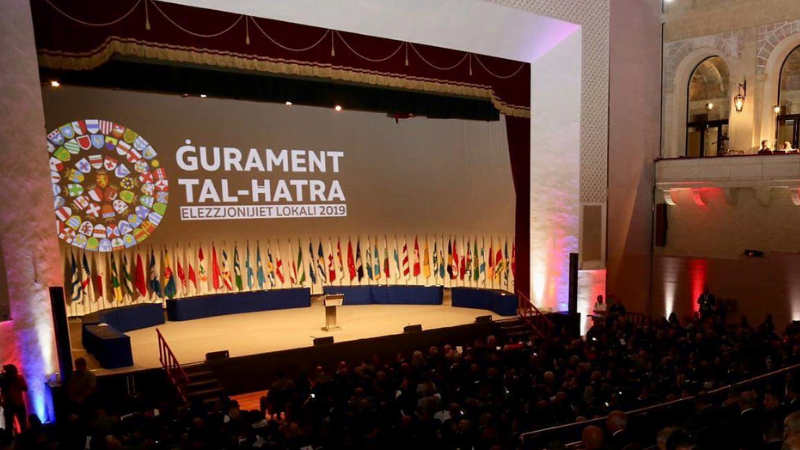Throughout 2019, local councils did not always acquire goods and services in adherence with procurement regulations, the National Audit Office (NAO) has noted in its latest report, where the issue is listed as a weakness identified in its findings.
In the annual report on workings of local government for 2019, handed to Speaker of the House Anglu Farrugia on Monday, noted that goods and services were “not always acquired in line with the procurement regulations” and were “either purchased directly from the open market, despite exceeding the established threshold, or procured under an expired agreement”.
Other than that, the expenditure incurred for daily operations was sometimes “not supported by an invoice or valid fiscal receipt”. Various tender documents could also not be traced while purchase orders and/or purchase requests were not drawn up in line with the applicable regulations.
A number of awarded tenders exceeded the set budgets, thereby resulting in cash constraints for other services, the report also noted.
The procurement issue was listed as the fourth most prevailing weakness out of 11 identified while analysing the management letters by the local government auditor. The three more prevalent issues noted by the NAO report include accounting errors, non-adherence to applicable rules and regulations, and inadequate management of fixed assets.
The findings of the report on local councils echo procurement procedure behaviour by the government, which has been duly reported on for years.
In September, The Shift reported that the government bypassed public procurement rules during the pandemic, which included millions being given out in direct orders without any call.
In another report by this website in November, it was revealed that Gozo Minister Clint Camilleri spent €7 million of taxpayer funds on direct orders during the first six months of this year. An analysis by The Shift showed that almost all procurement by the government in Gozo, bar a few exceptions, is being made through direct orders, with no competition whatsoever and on the direct instructions of the Minister or his team.
On that point, the report recommended that local councils acquire goods and services in line with the applicable procurement rules and regulations, in order to “ensure transparency over the procurement process”.
In the foreword of the report, Auditor General Charles Deguara also expressed his disappointment at the apathy by local councils, when, in a similar situation to last year, 10 Local Councils did not “even bother to submit a reply to the management letter”.
“It, therefore, comes as no surprise that a significant amount of recommendations have not been implemented,” Deguara’s foreword read. He said this was “unacceptable”.
“In these circumstances, it is my duty to reiterate that such irresponsible behaviour in the use of public funds by certain local councils needs to be duly addressed. Ignoring the audit findings and related recommendations means that the respective councils are doing a disservice towards those citizens whom they aspire to serve,” he concluded.
The report notes how seven local councils – Birgu, Birkirkara, Gzira, Qrendi, San Pawl il-Bahar, Swieqi and Xghajra – did not submit their 2019 audited financial statement by the September 2020 deadline, which was extended by three months due to the COVID-19 pandemic.












